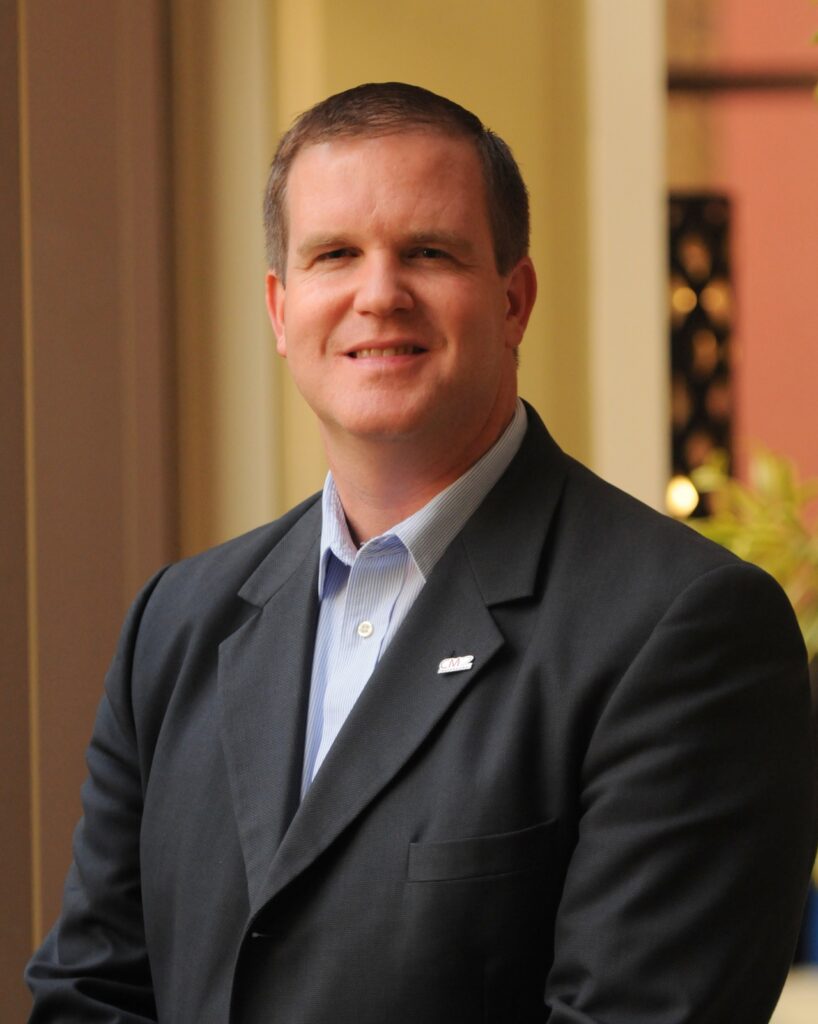I’m sitting in Manchester, UK after spending the past few days at the Industry 4.0 Academia Summit. It has been an inspiring, mind-blowing, and a bit unnerving experience. The research being conducted at universities around the world is astounding. 3D printing (additive manufacturing) is changing the way we make things, including biological things. We aren’t printing replacement organs yet, but it can’t be far off. Robots are being designed to jump, which will give them mobility they don’t currently have. AI. AR. VR. Smart cities. Everyone here is in agreement that these are some of the things that make up the Fourth Industrial Revolution, or Industry 4.0. But the same questions kept coming up, after nearly every presentation. All of these technological advances are amazing and either have or will change the way life on earth operates. But what about the negative people? Jobs will be lost, and we don’t know what to do with the people who will be displaced. Re-skilling or up-skilling may be possible for some, but for others…well, it looks a bit bleak.
On Monday it’s back to work, out of the bubble of academia that I have enjoyed this week. I will be initiating these kinds of conversations with my colleagues. They are mostly from STEM fields and will certainly push me to think harder about what I perceive the risks to be and the ways in which we might approach finding some answers. I will also enlist my colleagues who are from the arts and business fields to start thinking about this. The saying “if we can land a man on the moon” points to human ingenuity when we are presented with challenges. In the context of Industry 4.0, if we can create a driverless car, we can find ways to keep the former drivers contributing to the new economy.


 Title
Title Title
Title Title
Title Title
Title Title
Title Title
Title Title
Title


 Title
Title Title
Title Title
Title